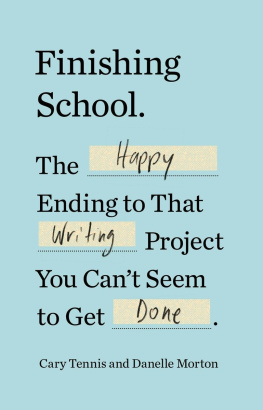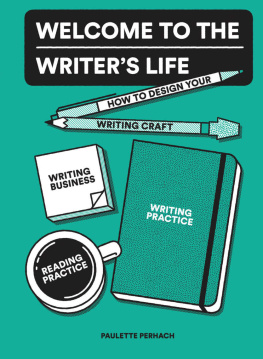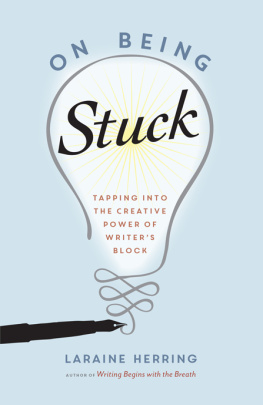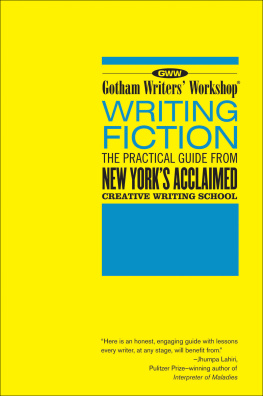PRAISE FOR
Finishing School
The authors of Finishing School, a unique and genuinely helpful guide to actually completing that magnum opus drawing dust on your cluttered desk, help you remember why it is you wanted to write your book and understand the long and challenging work of sustaining a project through pesky blocks, the loss of energy and enthusiasm, the omnipresent fear of not getting it right, and crippling deadline pressure. Tennis and Morton are writers; they feel our pain. More importantly, they get the pleasure of creation and know how to instill it in those who have lost their way. This book helped me.
George Hodgman, New York Times bestselling author of Bettyville
A must for every writer and artist of any kind, Finishing School belongs on the bookshelf right next to Anne Lamotts Bird by Bird and Stephen Kings On Writing. I cant wait to tell every writer I know to buy it.
Cole Kazdin, four-time Emmy Awardwinning television news producer, writer, and performer
Cary Tennis and Danelle Morton accomplish something remarkable in Finishing Schoolan actually useful book for writers (or anyone) about how to complete a project and not let their doubts, fears, or anything else interfere with successful completion of an article, a novel, or a dramatic play. And they do it in simple, easy steps that make sense and will resonate with anyone who writes.
David Cay Johnston, Pulitzer Prize winner and New York Times bestselling author of The Making of Donald Trump
Finishing School is the ideal book for writers who are great at starting things but not so great at completing them. Cary Tennis and Danelle Morton know the reasons a piece of writing, begun with such enthusiasm, can languish on a shelf for years. With wisdom and compassion, theyll inspire you to cross the finish line.
Sy Safransky, editor and publisher of The Sun
Practical and specific, Finishing School guides the writer who needs structure. It is for the writer who has abandoned a dream partway through. You did not keep your promise to your story, the authors say. The project becomes your adversary... The answer is Finishing School. For a great many writers, it will be so.
Pat Schneider, author of Writing Alone and with Others and founder of Amherst Writers & Artists
With warmth, humor, and a really personal touch, Tennis and Morton show you how to neutralize the emotional barriers that impede writingincluding fear, doubt, and shameand provide a great plan for the actual writing and finishing of your book. Even if youve read plenty of other creativity books, youll find lots of great insights here.
Hillary Rettig, author of The 7 Secrets of the Prolific
This book insightfully pinpoints the importance of time budgeting and management, and of setting reasonable expectations for completion.... Its advice and methodology will be useful for countless writers and would-be writers, and for people wanting to complete unfinished projects of any kind.
Publishers Weekly
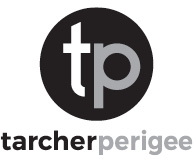
An imprint of Penguin Random House LLC
375 Hudson Street
New York, New York 10014
Copyright 2017 by Cary Tennis and Danelle Morton
Penguin supports copyright. Copyright fuels creativity, encourages diverse voices, promotes free speech, and creates a vibrant culture. Thank you for buying an authorized edition of this book and for complying with copyright laws by not reproducing, scanning, or distributing any part of it in any form without permission. You are supporting writers and allowing Penguin to continue to publish books for every reader.
Tarcher and Perigee are registered trademarks, and the colophon is a trademark of Penguin Random House LLC.
Most TarcherPerigee books are available at special quantity discounts for bulk purchase for sales promotions, premiums, fund-raising, and educational needs. Special books or book excerpts also can be created to fit specific needs. For details, write: SpecialMarkets@penguinrandomhouse.com.
Ebook ISBN 9780399184710
Version_1
Contents
Introduction:
Why We Dont Finish the Projects We Love
N OT FINISHING A piece of writing can feel like the death of a dream. That bright and beautiful impulse to express something truthful represents the very best in you, the part that wants to connect to other people and share with them how you make sense of the world. Many writers start strong, with big ambitions, but eventually reach a crisis of completion.
Untold numbers of novels, screenplays, and memoirs, begun with hope and a little hubris, lie in envelopes that havent been opened in years, on dusty shelves in the back corners of seldom-used rooms, in rarely accessed files on computer desktops, and in the far reaches of their creators minds.
You may unconsciously expect that by ignoring your project you can make it disappear, and that the obligation to complete it will fade. That is not the case. Partially completed novels, short stories, and personal essays seem to become proof of your personal limitations. You did not keep your promise to your story.
As you gradually abandon the effort, as the weeks, months, or years pile up, the project becomes your adversary. When you think of it, you cringe. You start to wonder why you began it in the first place, yet you cant let it go.
I T DOESN T HAVE to be that way. The answer is Finishing School.
F IN ISHING S CHOOL RESTOR ES order to your work. It helps you set aside a realistic number of hours each week and define a task that can be completed in whatever time you have. Every week you finish something and, week by week, you get the project done. Your steady progress restores your interest in the work and your confidence in your talent.
The two authors of this book, Cary Tennis and Danelle Morton, came to Finishing School as writers with very different styles and experiences. Cary started as a music critic and fiction writer and later wrote a popular advice column for Salon.com. Danelle is a journalist who has written fifteen books, most as an uncredited ghostwriter. Both eventually found themselves unable to complete a much-loved project.
For Cary, it was his novel, and for Danelle, it was a book proposal. Cary had worked on his novel fitfully over eighteen years. Danelle had had the idea for the book for two years but had never been able to get the proposal completed. By working the Finishing School method, both, in the space of three months, renewed their energy, restored their interest, and eventually completed what they set out to do.
The mechanism is simple. Finishing School meets once a week for two hours, during which writers identify specific tasks related to their overall goal and map out specific times during the week to accomplish those tasks. Cary invented the Finishing School method and has been teaching it since 2013. Danelle took his class in 2014 with four others: two screenwriters, a novelist, and a woman writing a short memoir.
At the beginning of Danelles first class with Cary, the students examined their calendars and identified times in the next week when they could commit to writing: say, two hours on Wednesday and a longer stretch on one weekend day. Then they set goals for what they wanted to complete in that amount of time. They were paired up with partners whom they agreed to text the moment they began to write, so they would be accountable to someone for their commitment.

